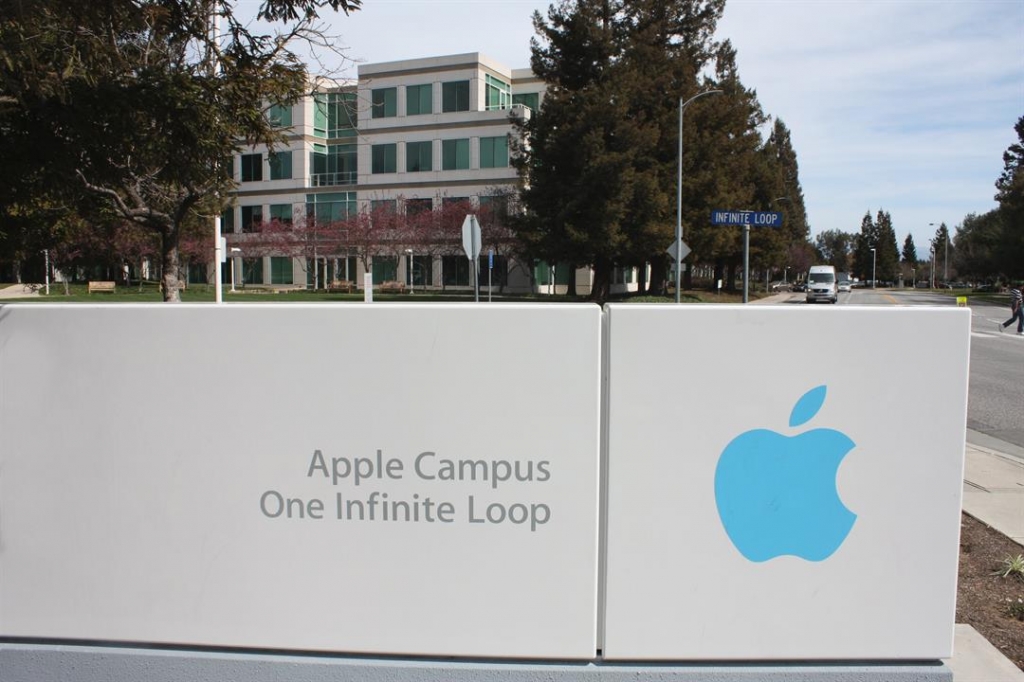-
Tips for becoming a good boxer - November 6, 2020
-
7 expert tips for making your hens night a memorable one - November 6, 2020
-
5 reasons to host your Christmas party on a cruise boat - November 6, 2020
-
What to do when you’re charged with a crime - November 6, 2020
-
Should you get one or multiple dogs? Here’s all you need to know - November 3, 2020
-
A Guide: How to Build Your Very Own Magic Mirror - February 14, 2019
-
Our Top Inspirational Baseball Stars - November 24, 2018
-
Five Tech Tools That Will Help You Turn Your Blog into a Business - November 24, 2018
-
How to Indulge on Vacation without Expanding Your Waist - November 9, 2018
-
5 Strategies for Businesses to Appeal to Today’s Increasingly Mobile-Crazed Customers - November 9, 2018
Facebook, Google, Microsoft to join tech industry in supporting Apple in court
Especially in this case, where Apple is seen by some as simply denying access to a terrorist’s phone, supporting Apple may be seen by the public as undermining law enforcement.
Advertisement
We can’t yet predict which way the pendulum will go, but for one, Apple surely has the support of the masses in this fight between national security and personal privacy.
The hearing called by the House Judiciary Committee on Tuesday will be the first in Congress since Apple said it would challenge the court order. The FBI also wants Apple to unlock other phones, which were seized in a variety of criminal investigations, where prosecutors are trying to compel the company to help them bypass the pass code security feature of phones that may hold evidence.
Apple earlier today filed a motion to vacate the order from a judge that would force the company to create a modified version of its iPhone software.
The deadline to file a friend of the court brief is March 3, so it’s possible that more tech companies still will join in support. The current form of the All Writs Act – the pertinent statute in the Apple case, and the statute upon which the government will continue to lean – was passed in 1911; the Electronic Communications Privacy Act – the pertinent statute in pending Microsoft cases – was passed in 1986.
Microsoft itself is fighting the US government over an order to turn over a suspected drug traffickers e-mails that are stored in one of the companys data centers in Ireland. The government cannot, for example, force a person to verbally express a political opinion which the person disagrees with, nor can they compel a person to sign a petition or to write an essay articulating a point they disagree with. Sundar Pichai, Google’s chief executive officer, tweeted asking companies to create a way to hack into people’s devices and data would set a “troubling precedent”.
A Re/code report indicates that Google, which has previously shown Apple their support, will also be filing a court motion next week alongside Microsoft’s. On the other hand, it could also drive the wedge deeper between Silicon Valley and middle America, particularly for citizens who believe the USA should be doing more to combat terrorism.
Advertisement
In an affidavit attached to the court filing, Apple’s manager of user privacy, Erik Neuenschwander, summed up the government’s “use and destroy” idea this way: “The virtual world is not like the physical world”. Shortly afterward, Apple CEO Tim Cook publicly resisted the order, saying designing such software was tantamount to creating a “backdoor” into the iPhone, putting the privacy of millions at risk.




























